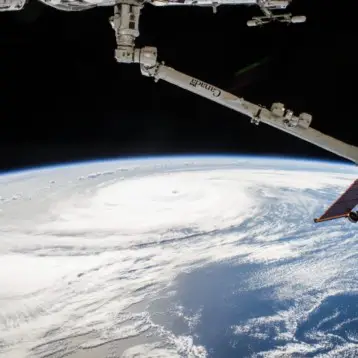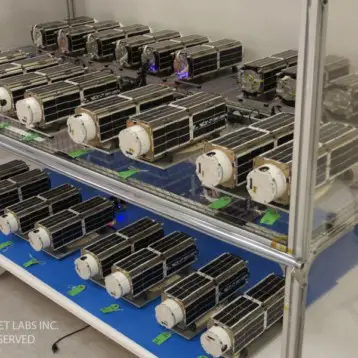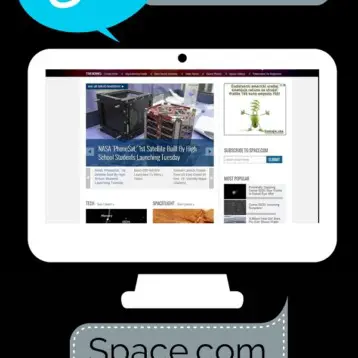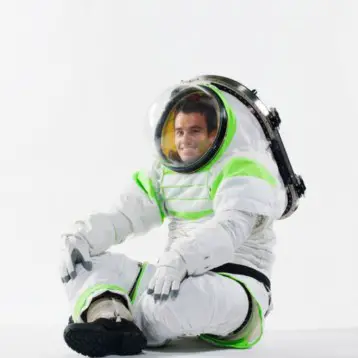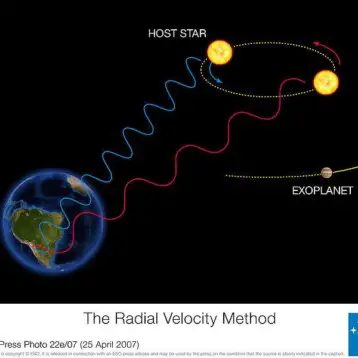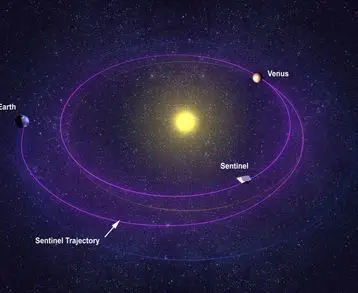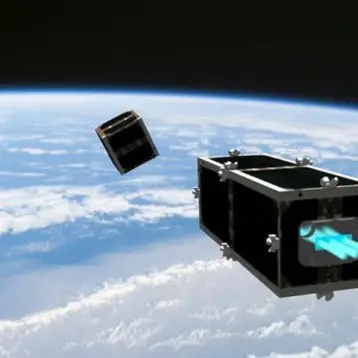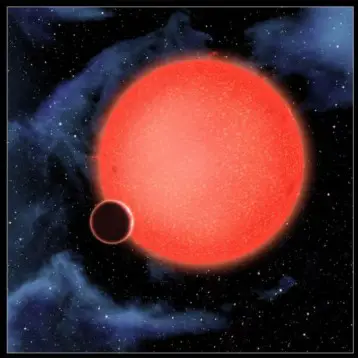NASA’s first Great Moonbuggy Race was held in 1994 and it wasn’t until 1996 that a category was added to include high school students. Many of the engineering problems faced by NASA’s original Moonbuggy team are still relevant today.
Each team consists of six students, who are not only required to design their vehicle, but also to build and test it. Two members of each team are chosen to traverse and navigate their Moonbuggy through a course that’s strewn with miscellaneous lunar-like obstacles. The top three winning teams of each category are those who successfully completed the course in the shortest amount of time.
“The experience is more than just fun. Participation in the race offers valuable real-world experience in practical engineering, teamwork, and problem-solving,” said Tammy Rowan, Manager of the Academic Affairs Office at NASA’s Marshall Space Flight Center in Huntsville.
In December 2007, TFOT reported on a test of an inflatable lunar habitat scheduled to be conducted on early 2008 by NASA and the National Science Foundation (NSF). The new habitat is supposedly strong enough to withstand the harsh conditions on the Moon. Antarctica has been chosen to serve as the testing site for this lunar habitat, since the environment and conditions there are thought to be the most similar to the Moon.. TFOT has also covered NASA’s inflatable prototype Moon base.
More information on NASA’s Great Moonbuggy Race can be found on NASA’s website.
Picture: Moonbuggy from 2007 NASA competition (Credit: NASA).


